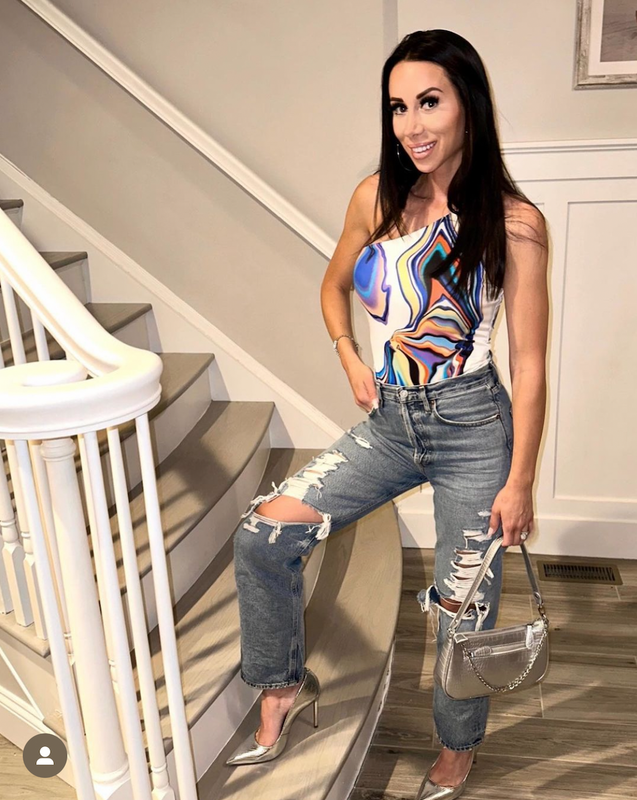In Stock Beach Style Seen on Summer House
In Stock Beach Style Seen on Summer House
Summer is (un)officially here, and what better people to get beach style inspo from than the Summer House crew? We’ve rounded up the best, in stock pieces seen on the ladies this summer to take the guesswork out of shopping and leave you plenty of time to sip rosè and play …. alllll day.
The Realest Housewife,
Big Blonde Hair
Click the Collage Images to Shop
Click the Collage Images to Shop
Click Here for More Summer House Style
Originally posted at: In Stock Beach Style Seen on Summer House
Read More








